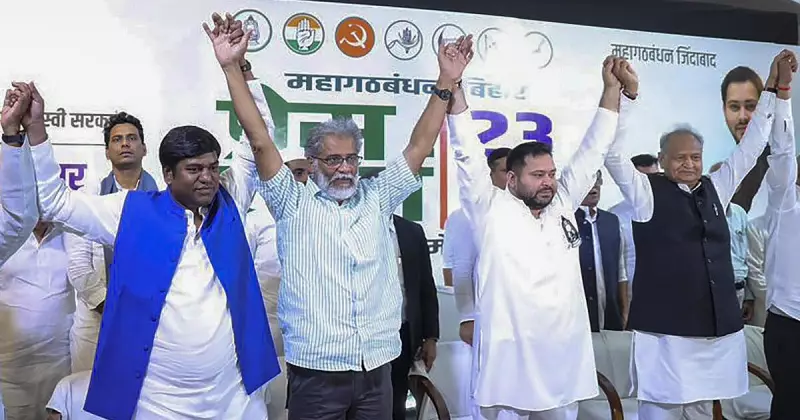
In a dramatic shift of political strategy, Rashtriya Janata Dal (RJD) chief Lalu Prasad Yadav has launched a bold outreach campaign targeting Bihar's influential Extremely Backward Classes (EBCs) ahead of the crucial 2025 state assembly elections.
The 'VIP As My Baap' Controversy
During a recent public meeting in Patna's Gardanibagh area, the veteran politician made headlines with his provocative statement: "VIP ko main apna baap nahi manta" (I don't consider VIP as my father). This carefully crafted remark appears designed to resonate with marginalized communities who have often felt excluded from political power structures.
Strategic EBC Focus
Political analysts see this as a significant departure from traditional RJD politics, which has historically centered around Muslim-Yadav consolidation. The explicit focus on EBCs represents:
- A recognition of EBCs' growing political influence
- An attempt to broaden RJD's social base beyond MY combination
- A direct challenge to Nitish Kumar's EBC support base
- A strategic move to capture undecided voter segments
Changing Political Landscape
The timing of this outreach is particularly significant as Bihar prepares for what many are calling the most important state election in recent memory. With the Mahagathbandhan alliance showing signs of strain, Lalu Yadav appears to be positioning RJD as the natural home for EBC communities who constitute approximately 36% of Bihar's population.
Election Implications
This strategic pivot could potentially reshape the electoral dynamics in several key ways:
- Force other political parties to recalibrate their EBC strategies
- Create new political equations in tightly contested constituencies
- Challenge the JD(U)'s traditional hold on backward caste votes
- Introduce fresh variables in seat-sharing negotiations
As the political temperature rises in Bihar, Lalu Yadav's 'baap' remark has undoubtedly set the stage for an intense battle for the EBC vote, making the 2025 assembly elections one of the most closely watched political contests in recent Indian history.






